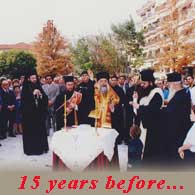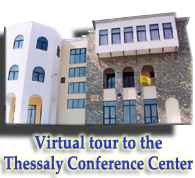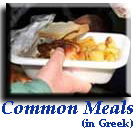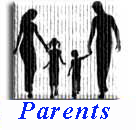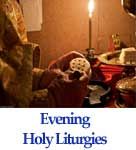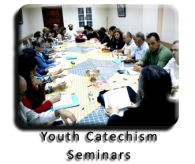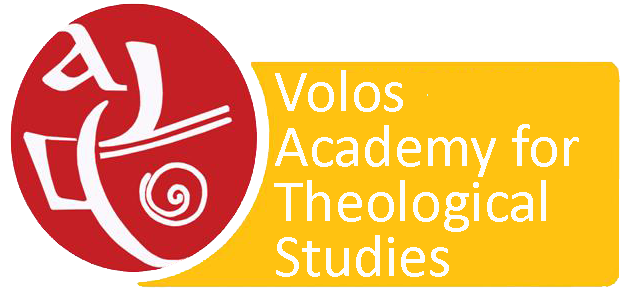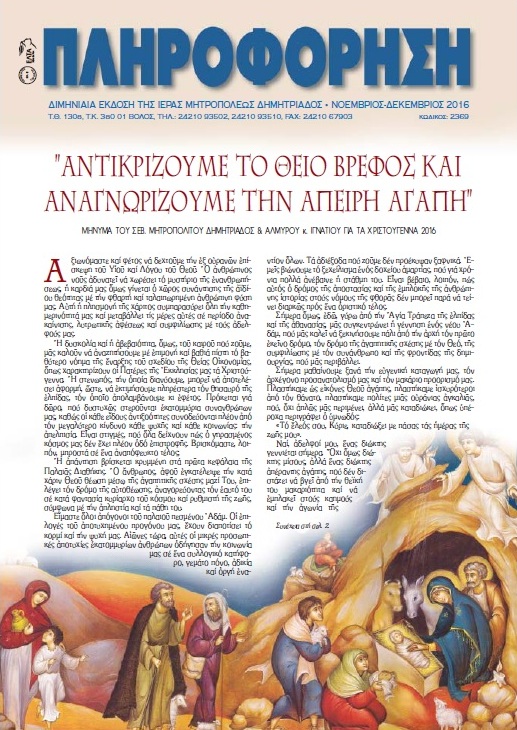The Fathers and the Meaning of Tradition - Conference with Fr Andrew Louth
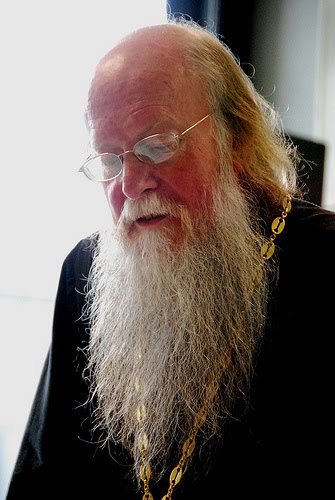
This May, the Volos Academy for Theological Studies has organized lectures and a workshopin Volos and Athens to mark the visit of a preeminent scholar of patristic theology and literature, Fr Andrew Louth.
Fr Andrew Louth studied mathematics and theology at the Universities of Cambridge and Edinburgh, and his dissertation concerned the theology of Karl Barth. Over the years, he taught patristic theology and history at the University of Durham, patristic thought at Oxford, and Byzantine and early medieval history at Goldsmiths College, University of London. He is currently Professor Emeritus of Patristic and Byzantine Studies at the University of Durham, while continuing to teach as a Visiting Professor of Eastern Orthodox theology at Vrije University of Amsterdam (Netherlands). He serves as a priest of the Russian Orthodox Church at the University of Durham, and is also editor of the journalSobornost, as well as a member of the editorial board of other international English language journals. His research interests are primarily the history of theology in the Greek patristic tradition from the fifth century until the fall of the Byzantine Empire, as well as the theological thought of Romanian and Russian theologians in the 19th and 20th century. He has authored numerous books and articles on patristic thought, such as The Origins of the Christian Mystical Tradition: From Plato to Denys (Oxford: 2007), Greek East And Latin West: The Church AD 681-1071 (St Vladimir's Seminary Press: 2007), Maximus the Confessor (Routledge: 1996), St John Damascene: Tradition and Originality in Byzantine Theology (Oxford: 2005), Denys the Areopagite (Continuum: 2002).
On Wednesday, May 15, Fr Louth will give a lecture in Volos entitled"The Fathers and the Meaning of Tradition." This lecture will be repeated Thursday, May 16, in Athens.
In his lecture, Fr Louth will attempt to formulate some thoughts on the meaning of ecclesiastical tradition, the relationship and the distinction between the Fathers and Tradition, as well as the role of patristic thought in modern Orthodox theology. Starting from Florovsky and Lossky, he will move to a historical overview on how the concept of Church tradition was shaped over the centuries, highlighting the key role played by western academia both in the resurgence of interest in the thought of the Fathers, and in the publishing of critical editions of their work. In this context, Fr Louth wonders what affect the decisive contribution of non-Orthodox academic research may have on what is known as "the mind of the Fathers," while also highlighting the importance, for the Orthodox perspective, of the liturgical experience.
The lectures both in Volos (7:30 pm at the Cultural Center of the Holy Metropolis ofDemetrias, at the intersection of Kartali and Anth. Gazi) and Athens (7:00 pm at the KostisPalamas Building, at the intersection of Academia and Sina) will be delivered in Greek and are open to the public.
On Saturday, May 18, Fr Louth will be the keynote speaker at a patristics seminar that will take place in Athens on the theme "The Theology of 'Intermediation': 'Sophiological' Reflection on Some Patristic Topics."
Starting with the use of the term "intermediation" in Plato and patristic thought, especially Gregory Palamasand the Russian theologian of the diaspora Fr SergeiBulgakov, the seminar will firstdiscussProtestant theology's negative attitude toward the concept (see, mutatis mutandis, D. Wendebourg's view of the divine energies) because of the risk of replacingJesus Christ's soteriological role, or Roman Catholic theology's reluctance to clearly define the content of this concept. Based on patristic thought and the foundation of the concept of "intermediation" in the hypostatic union of the two natures in Christ, the term is utilized in the interpretation of the relationship between God and the world. This central concept includes Sophia, energies, angels and saints, prayer, the sacraments and icons, and can also be a useful tool in the construction of an appropriate political theology, which would overcome the danger of falling into either theocracy or secularism. The seminar will also be enriched by short position papers by the Rev. Dr.DimitriosBathrellou, Instructor at the Greek Open University, Visiting Lecturer at the Orthodox Instituteat Cambridge, and member of the Board of the Volos Academy for Theological Studies, and Nicholas Asproulis, MTh, Research Fellow of the Volos Academy for Theological Studies and the journal Theologia. Professor MariosBegzos, Dean of the Theological School of Athens, will also offer some brief remarks. The seminar will be held in English. Registration is required for this seminar; please contact the Secretariat of the Volos Academy for Theological Studies.
The lectures and the seminar are made possible by the generosity of the Virginia H. Farah Foundation, an Orthodox philanthropic institute; see www.farahfoundation.org.










